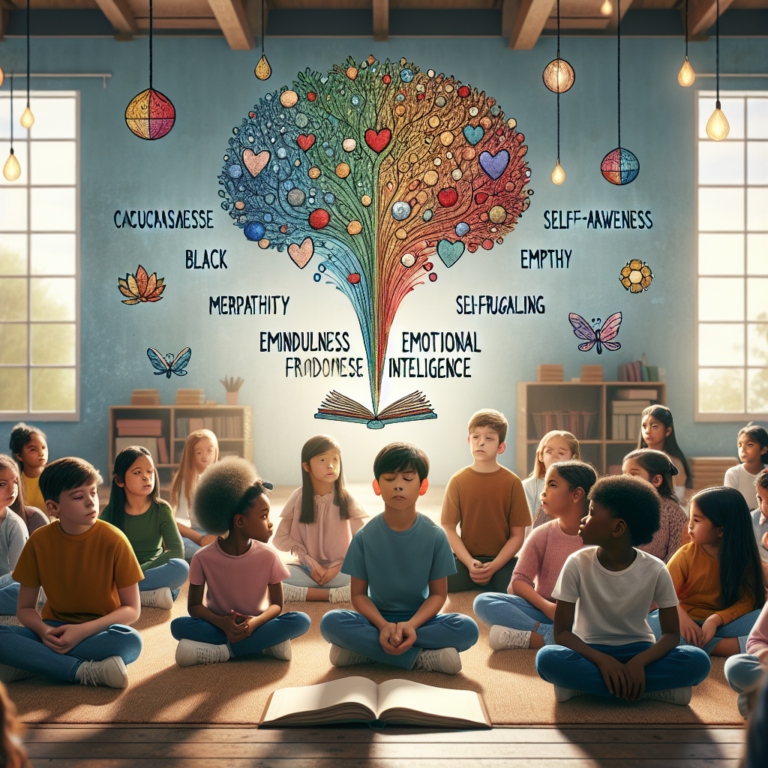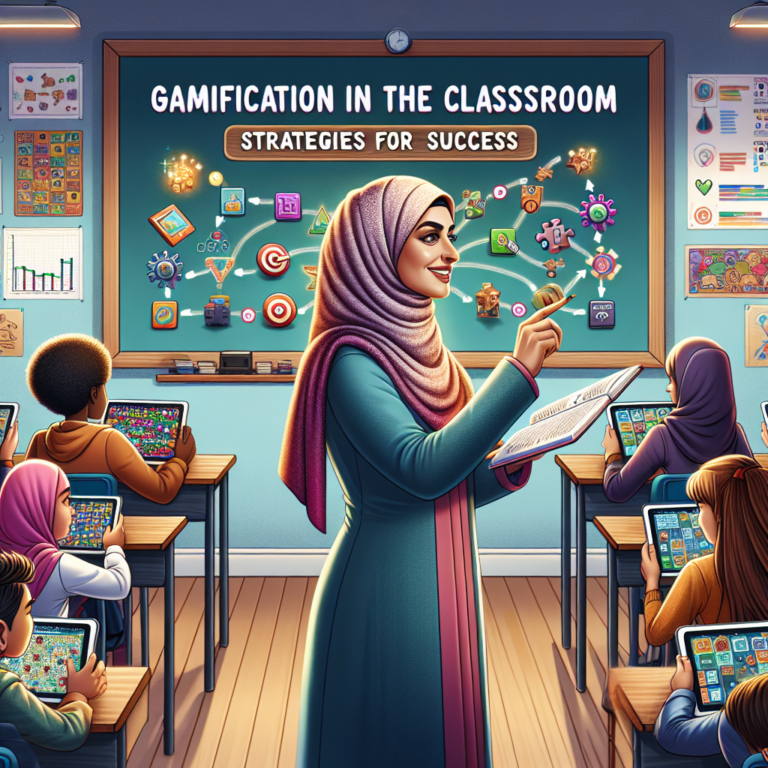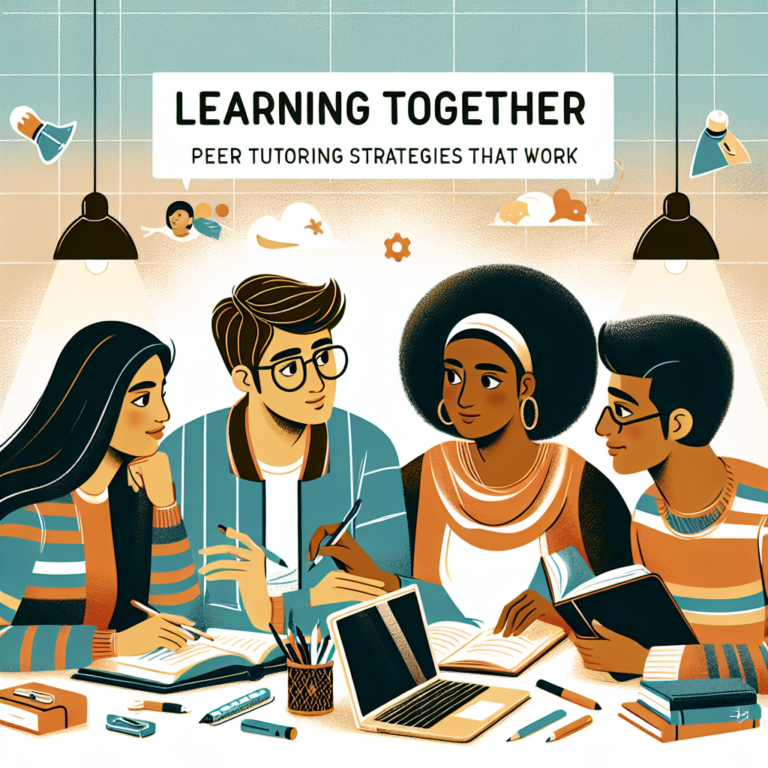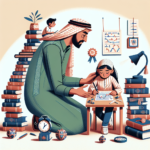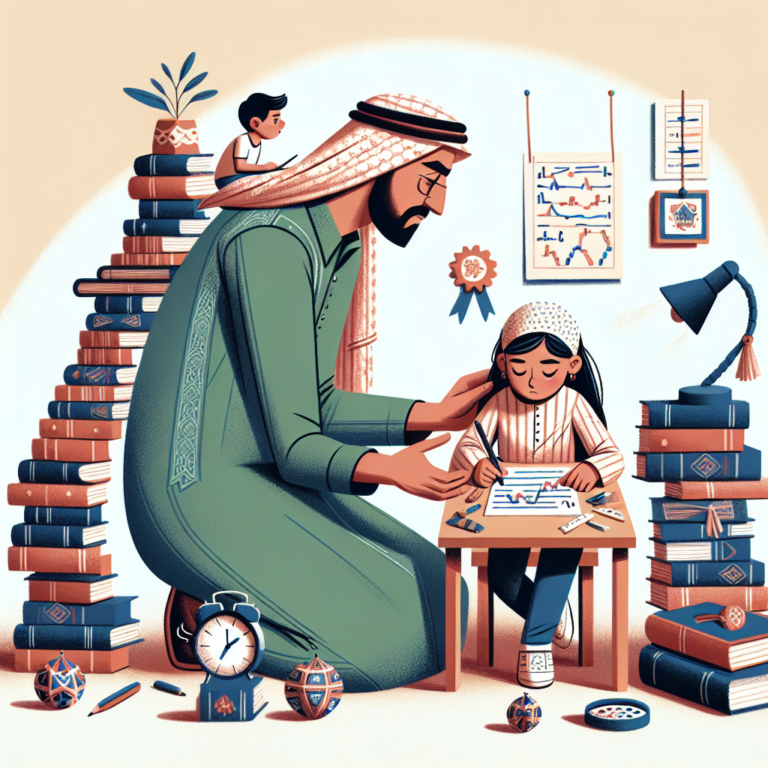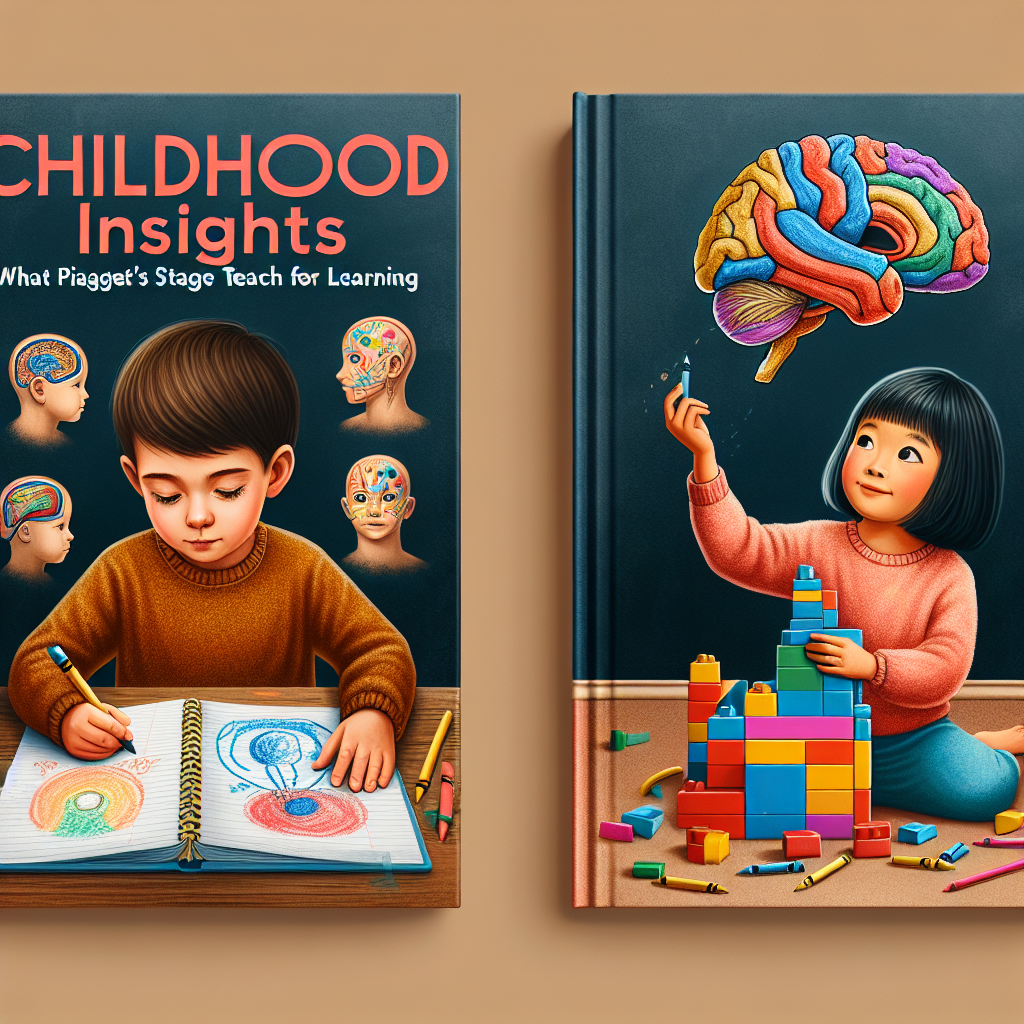
Introduction
Imagine a world where understanding how children think could transform the way we educate them. Childhood Insights: What Piaget’s Stages Teach Us About Learning is not just an abstract idea; it’s a gateway to improving educational practices, parenting approaches, and personal interactions with children. Swiss psychologist Jean Piaget dedicated his life to exploring how children learn, ultimately developing a groundbreaking theory that has influenced educators around the globe. His four stages of cognitive development—sensorimotor, preoperational, concrete operational, and formal operational—offer invaluable insights into the learning process. By unraveling these stages, we can harness the full potential of every child.
In this article, we will explore the intricacies of Piaget’s theory, delve into case studies that exemplify its relevance, and offer actionable insights for parents and educators alike.
Understanding Piaget’s Four Stages of Cognitive Development
1. Sensorimotor Stage (0-2 years)
The sensorimotor stage is foundational, where infants learn through their senses and actions. This stage is characterized by the development of motor skills and the beginnings of object permanence, which is the understanding that objects continue to exist even when they are not visible.
Case Study: The Peekaboo Effect
Consider a child who giggles during a game of peekaboo. Initially, the child might not understand that the adult still exists when they cover their face. As they grow, they learn that their caregiver still exists behind the hands. This act of learning about object permanence is crucial. For educators and parents, engaging infants in activities that stimulate their senses—like games involving hidden objects—can enhance learning during this stage.
2. Preoperational Stage (2-7 years)
In the preoperational stage, children begin to engage in symbolic play and learn to manipulate symbols, but they lack logical reasoning. They are egocentric, often viewing the world solely from their perspective.
Case Study: Imaginary Friends
Many children develop imaginary friends during this stage. This phenomenon provides insights into their cognitive development. For instance, a child explaining their imaginary friend’s actions reveals complex social understanding and emotional processing. Encouraging pretend play helps develop creativity and social skills, which are vital for learning.
Key Insights:
- Foster imaginative play to enhance cognitive skills.
- Use storytelling to engage preoperational thinkers, making learning enjoyable and relatable.
3. Concrete Operational Stage (7-11 years)
As children enter the concrete operational stage, they begin to think logically about concrete events but still struggle with abstract concepts. They gain the ability to classify objects and understand the concept of conservation—recognizing that quantity doesn’t change even when its shape does.
Case Study: The Water Experiment
A classic demonstration of conservation is Piaget’s water experiment, where children are asked whether two containers with the same amount of liquid are equal when one is poured into a taller, narrower container. Younger children (preoperational stage) often say the taller one has more, while older children (concrete operational stage) understand they are the same. This realization is pivotal for developing logical reasoning.
Key Insights:
- Introduce hands-on activities that allow children to explore and manipulate objects.
- Use real-world examples to explain abstract concepts.
4. Formal Operational Stage (12 years and up)
In the final stage, children develop the ability to think abstractly and critically. They can use deductive reasoning, consider hypothetical situations, and think scientifically.
Case Study: Sci-Fi Literature
In a high school classroom, students discussing the ethical implications of artificial intelligence in a sci-fi novel illustrates formal operational thinking. They can consider multiple perspectives and engage in complex debates. This capacity for abstract thought is essential for skills like problem-solving and critical analysis.
Key Insights:
- Encourage debates and discussions on complex topics to develop critical thinking.
- Foster independent projects that challenge students to think abstractly.
The Real-World Applications of Piaget’s Insights
Understanding Childhood Insights: What Piaget’s Stages Teach Us About Learning is not limited to theoretical knowledge. These insights can be applied pragmatically in various settings:
Early Childhood Education
Educators can design curriculums that align with Piaget’s stages. For example:
- Sensorimotor Activities: Utilize sensory play and movement games.
- Preoperational Activities: Encourage creative play and imaginative storytelling.
- Concrete Operational Activities: Integrate hands-on science experiments that allow for exploration of physical properties.
- Formal Operational Activities: Facilitate debates, research projects, and critical thinking exercises.
Parenting Approaches
Parents can adapt their interactions to better support their child’s cognitive development. This involves:
- Engaging in more play-based activities.
- Encouraging conversations that explore different perspectives.
- Facilitating educational outings that stimulate curiosity and inquiry.
Special Education Perspectives
Piaget’s theory provides essential insight into special education. Tailoring educational approaches to align with a student’s cognitive stage can lead to effective learning strategies.
Table: Cognitive Abilities by Piaget’s Stage
| Stage | Age Range | Key Abilities | Educational Focus |
|---|---|---|---|
| Sensorimotor | 0-2 years | Object permanence, sensory exploration | Sensory play, gross motor skills |
| Preoperational | 2-7 years | Symbolic play, egocentrism | Imaginative play, storytelling |
| Concrete Operational | 7-11 years | Logical thinking on concrete issues | Hands-on activities, classification |
| Formal Operational | 12 years and up | Abstract reasoning, hypothesis testing | Discussions, projects, critical thinking |
Enhancing Learning Environments
Educators can transform learning environments by incorporating elements that cater to different cognitive stages:
- Use colorful visuals and manipulatives for younger children.
- Create safe spaces for imaginative play.
- Set up discussion circles for older children.
Conclusion
In the journey of education, understanding Childhood Insights: What Piaget’s Stages Teach Us About Learning equips us with tools to foster cognitive growth. Each stage serves as a stepping stone, guiding how we teach, parent, and engage with children. By embracing these insights, we can cultivate an enriching environment that nurtures young minds. Remember, knowledge is only as powerful as how we apply it.
FAQs
1. Why is Piaget’s theory still relevant today?
Piaget’s insights into childhood development provide a foundational understanding of how children learn, which is critical for effective teaching and parenting strategies.
2. How can parents utilize Piaget’s stages at home?
Parents can create enriching environments that align with their child’s cognitive stage through play, engaging conversations, and hands-on activities.
3. Are Piaget’s stages fixed, or can children move back and forth?
While Piaget proposed stages, many experts now believe children can fluctuate between them depending on the context and specific cognitive tasks.
4. What role do emotions play in Piaget’s stages?
Emotions are intertwined with cognitive development, influencing how children engage with learning. Understanding this connection is crucial for effective education.
5. How do cultural factors influence Piaget’s stages?
Cultural experiences can shape the way children develop cognitively, impacting the timeline of reaching each stage, as different cultures may emphasize varying types of learning.
By integrating Piaget’s stages into our ways of thinking about childhood learning, we empower the next generation to think critically and face challenges with confidence. Unlocking this potential can lead to transformative educational experiences, fostering a love of learning that lasts a lifetime.




